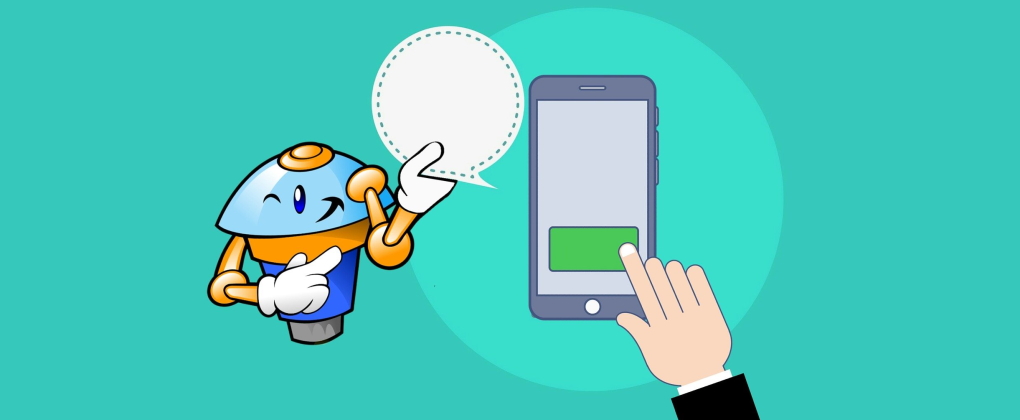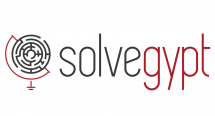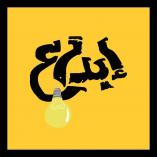Chatbots: Applications, Risks, and Future Trends

Artificial intelligence refers to the simulation of human intelligence in machines to take actions that have the best chance of achieving a specific goal. AI is being used across different industries including finance and healthcare. Algorithms play an integral part in AI which represent the code that the machine executes to respond to a given data in a human like behavior and even adapt to new data when fed to the machine using a statistical approach.
Chatbot is an AI computer simulation program which mimics human conversation through voice commands or text chats or both. It uses natural language processing to process the text presented to them by the user (a process known as “parsing”), before responding according to a complex series of algorithms that interprets and identifies what the user said, infers what they mean and/or want, and determine a series of appropriate responses based on this information.
In 1950, the mathematician and computer pioneer Alan Turing proposed the Turing Test where 30 human interrogators make a series of five-minute keyboard conversations to examine whether they can tell if they are talking to a machine or human. So far, no computer passed the Turing test, although, there has been a debate that a computer program known as Eugene Goostman, designed to simulate a 13-year-old Ukrainian boy, convinced the 33 judges that it was a human.
The question is, does the AI machine have to convince its user that it is human in order to perform its function? Here are some applications of AI chatbots where we think it has been already useful.
Chatbot-driven website builders: This tool listens to your preferences to build a prepared specific purpose website in minutes without having to have design skills and it also helps you manage pricing.
Ticket booking: These could be informative, quick and easy to use.
E-commerce chatbots: These help customers to review their transactions and track account balances. They are easy to use and include features to notify customers in case it feels that some kind of unusual spend has been initiated
World Health Organization chatbot: provides vital information and guidance to bust myths and unsubstantiated concerns during this difficult time. This chatbot also offers travel tips and suggestions on how to protect yourself and those around you. It presents a list of FAQs that you can gloss over and ask responses for in case you need them.
Language learning chatbot to practice skills and knowledge.
Risks include chatbots impersonating someone else, tampering of data and data theft. To mitigate these risks authentication, or identity verification, and authorization, or granting permission for a specific user to perform certain tasks and functions or access a portal should take place. Another risk is depersonalization, where customer loyalty might be lost due to the lack of differentiation from other competitors due to loss of emotional connection.
The future of such technology is based on ML-based marketing models where data collected through chatbots about buying patterns of customers could be utilized to predict market risks.
Conclusion:
Chatbots have different applications in Health, finance, Transportation, and education, however, security is the main risk using chatbots in addition to reaching a commodity in the market due to excessive use of chatbots instead of human interaction which differentiates competitors.





































































EgyptInnovate site is not responsible for the content of the comments